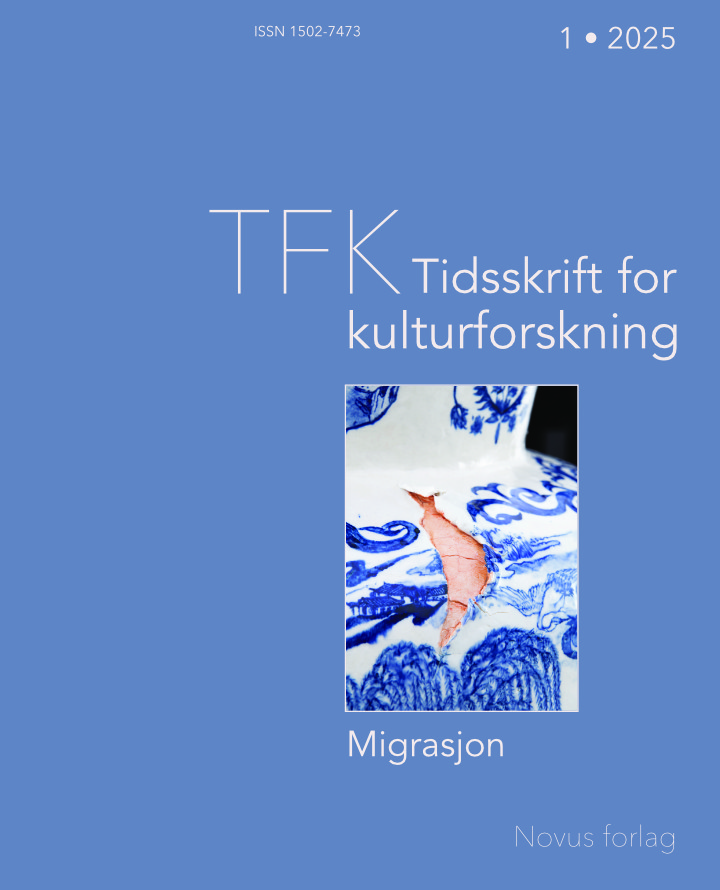Sammendrag
The European 19th century has been described as the century of utopias and, at the same time, as the century of transatlantic emigration. This article examines how these two histories intersected in a shared spatio-temporal frame: a post-revolutionary chronotope, which distinguished the European «here and now» from the American «there and then» in both temporal and ontological terms. Emerging from the contrasting legacies of the American and the French Revolution, this chronotope structured a migration discourse in which religious separatists and socialist reformers were envisioned as prototypes of a future social order to be realized overseas. Manifest in transnational debates on the land of promise and the land of experiments, we trace the discursive entanglement of emigration, millennialism, social reform, and early communism in the first half of the 19th century. By examining the influence of settler groups such as the Harmony Society, the New Harmony Society, and the Icarians on the social question, we follow the topos of Here and There from its religious articulations through its secular translations to the eventual disenchantment of the New World. The act of emigration lost its connotation of a reformist intervention and was increasingly cast as a self-serving reaction to economic conditions. We argue that this shift prefigured the structural logic of later migration theory in which emigrant agency was subjected to a law-like interplay of «push» and «pull» factors.
Dette verket er lisensiert under Creative Commons Attribution-ShareAlike 4.0 International License.
Opphavsrett 2025 Forfatterne

